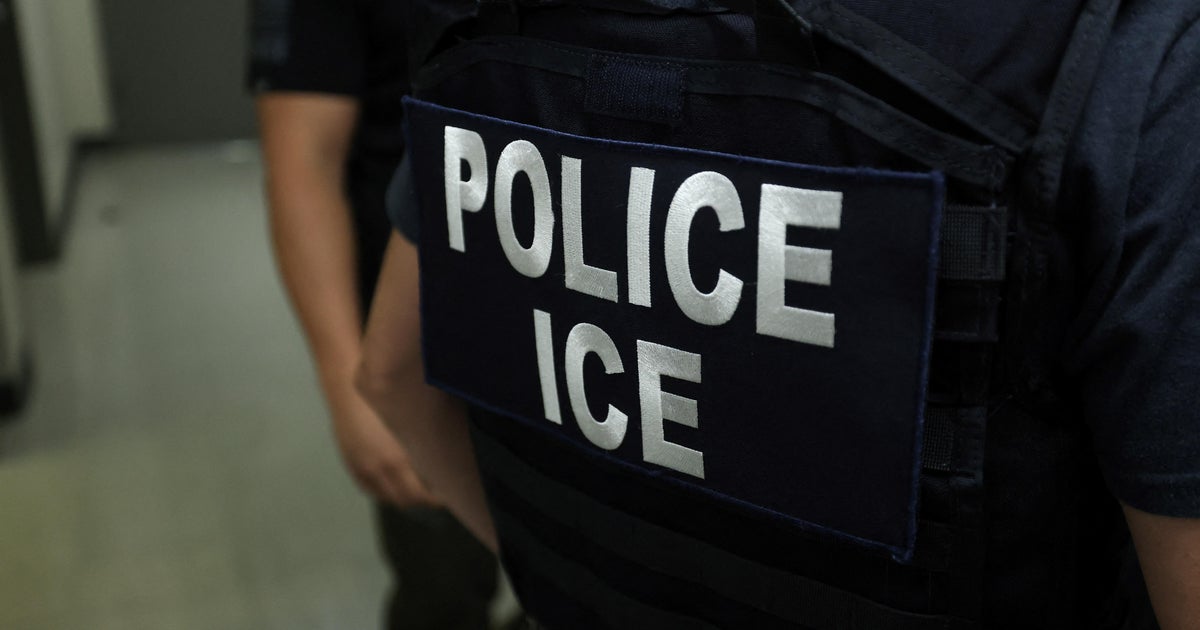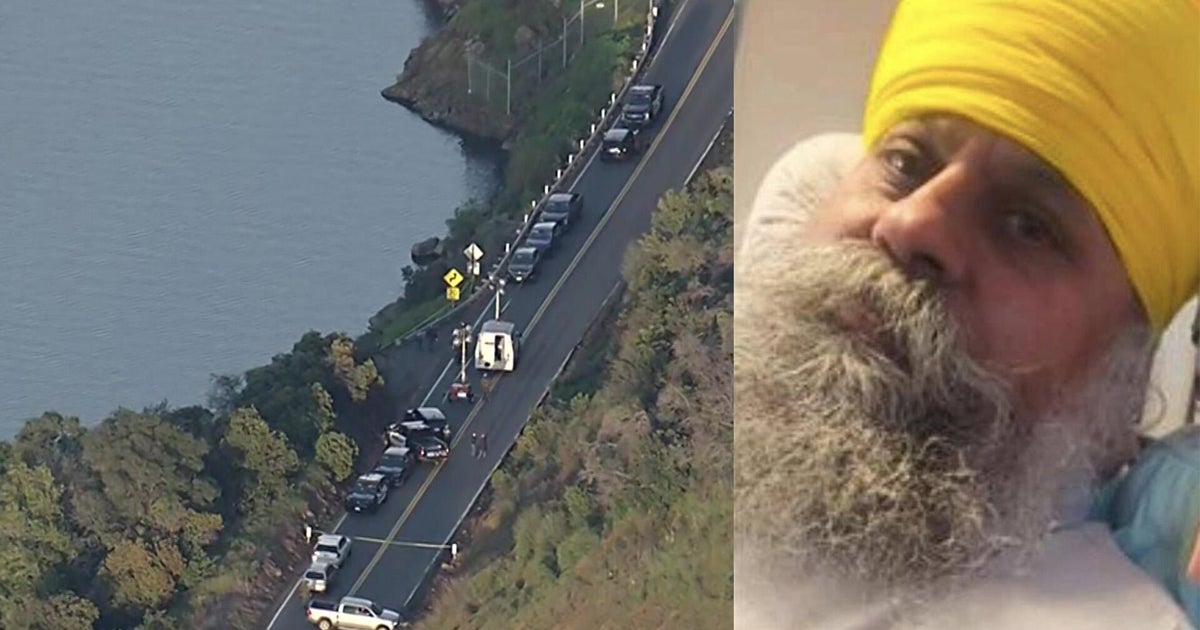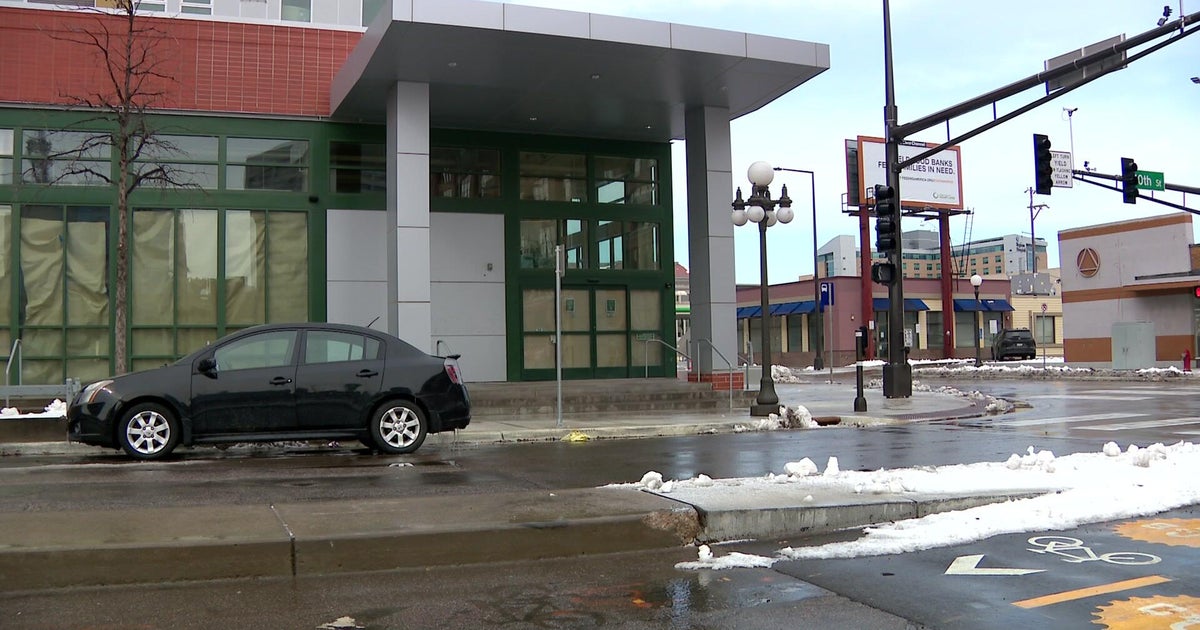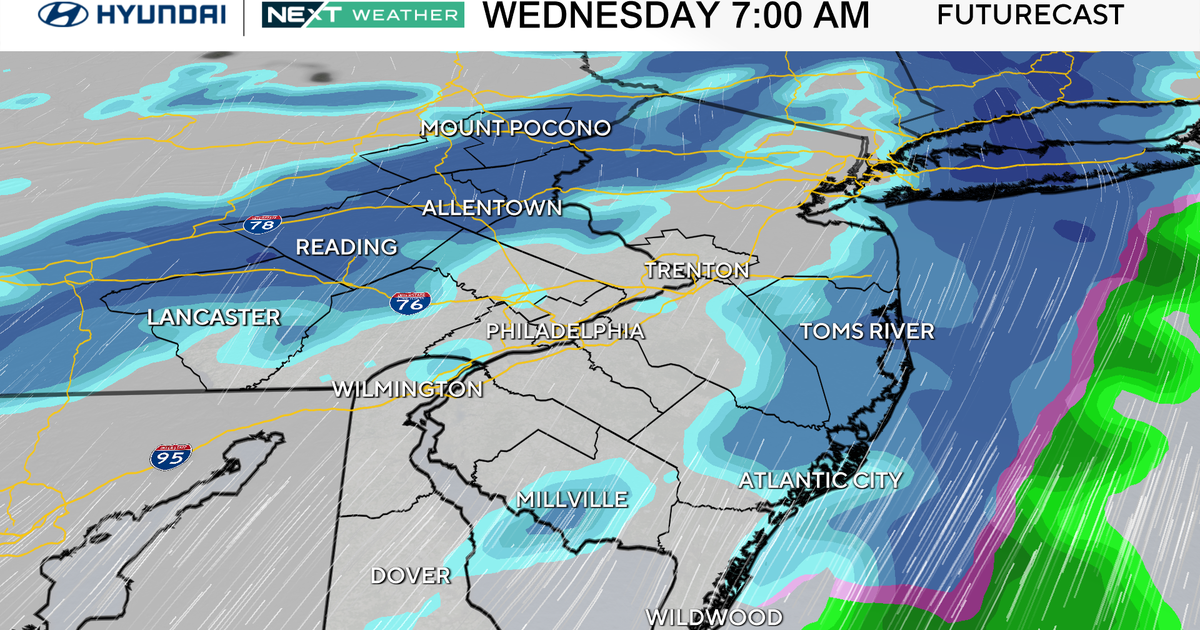Wastewater COVID detection efforts extended to look for monkeypox; 'Frequency of detection is increasing'
SAN FRANCISCO - A project monitoring the spread of COVID-19 in the Bay Area via wastewater is now expanding its efforts to also watch the ongoing monkeypox outbreak.
Throughout the pandemic, a team of researchers at Stanford University have conducted extensive surveillance of wastewater from all over the Bay Area, in order to get a better understanding of how much COVID-19 is spreading around. It's called the SCAN (sewer coronavirus alert network) project.
"We've been measuring monkeypox DNA since June 19 every day in wastewater around the Bay Area," said Professor Alexandria Boehm. "We have detected it at least once in almost all of the locations that we're monitoring."
Her team monitors 11 sewersheds, including locations in the South Bay, the Peninsula, and San Francisco.
"We are working with all of the wastewater treatment plants, and they provide samples every single day to us," she said.
"There are two ways to look at the data. One is, where have we detected it, and the frequency of detection. The question we can ask, are we detecting it most frequently? Are we detecting it daily or not? In a lot of plants, the frequency of detection is increasing, which might suggest there are more people in the sewer sheds who are infected with monkeypox. We can also look at the data quantitatively and ask ourselves, are the concentrations going up? If they're trending up, that might suggest there are more and more people getting infected with monkeypox."
Over the last month, Boehm says her team has noticed both the frequency of detection and concentration of monkeypox DNA in the wastewater are increasing in many spots.
"We've seen the frequency of detection increase, and the concentrations increase at some of the plants over the last month," she said. "The locations with the most frequent detection of monkeypox DNA and the highest concentrations in our area have been in San Francisco County."
Dr. Peter Chin-Hong, an infectious disease expert at UCSF, says wastewater surveillance for monkeypox is a crucial diagnostic tool in understanding how the virus is spreading in the Bay Area.
"Wastewater really helps us know what the magnitude of disease is," he said. "It's unbiased, it's population-based, it really gives us a good snippet of the population - particularly, if people aren't going out and getting tested or are not in touch with what's going on."
He anticipates more will show up in the wastewater over time.
"We aren't controlling it. There's a lot of unknown spread in the community," he said. "Wastewater gives us that community-level, population-based snapshot of what's going on."
Boehm says wastewater shows the virus is making its way into communities throughout the Bay Area, even though the confirmed case count is low.
"The case reporting for monkeypox is probably underreported, because not everybody will have the resources or the time or abilities to go to the doctor and get tested if they have Monkeypox. So, there are likely cases of monkeypox that aren't recorded officially," she said. "Monkeypox is infecting people in different parts of the Bay Area and it's not just a small group in a very select population."







